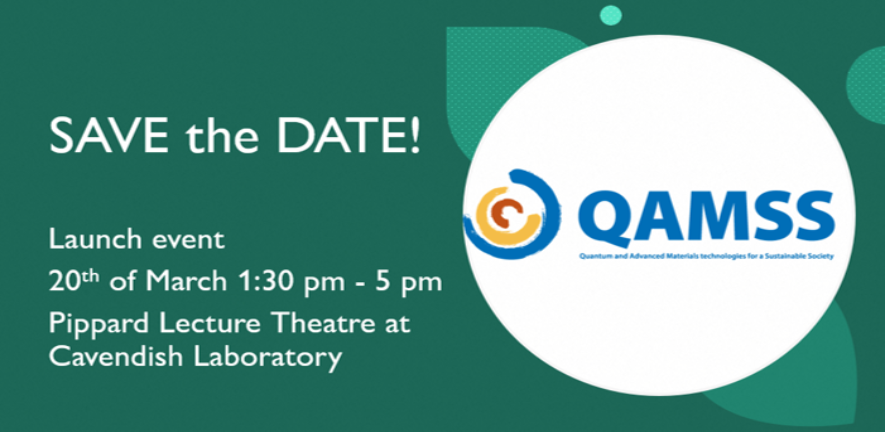Technology for a sustainable society
Development of quantum technologies can be a double-edged sword either to protect or to threaten our society from the complicated issues that world will face. Quantum and advanced materials technologies will make a revolutionary change to fight against global challenges, only when it forms integrated research across the fields including policy, ethics, economics, art and fundamental science as it will affect the whole society instantly. Although there are active researches going on quantum technologies nationally and internationally, the convergent approach to quantum technologies, which will transform our society in 10 years, is often neglected.
Looking back at the history, the industrial revolution led by the technologies has brought the reconstruction and the affluence to the human life, however, water and air pollution caused by it took away lots of lives, not only human beings but also other creatures. UK is pointed as one of the most nature-depleted countries in Europe with the lowest amount of biodiversity remaining after the industrial revolution. The biggest challenge of climate change today was not foreseen at all at that time.
The influence of the revolution led by the quantum technology would be bigger and severe in the entire society than the industrial revolution, in a way which we cannot imagine. This should be investigated and addressed through multidisciplinary consortium along with the development of the science and technologies.
Researchers at University of Cambridge have world leading expertise in each area relevant to the issue and play key roles in the vision for the positive future. Designing the development of quantum technology should be based on a holistic approach not to mention with the excellence of the fundamental science and technology.




